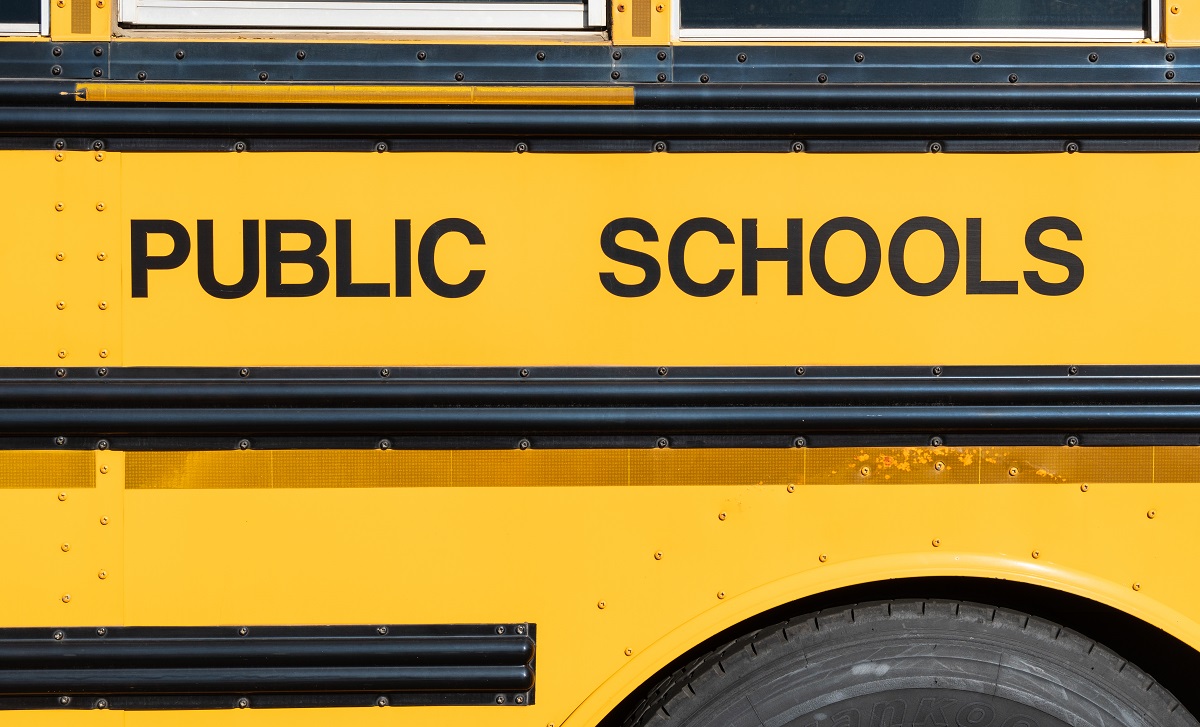Lawmakers across 37 states introduced nearly 150 bills in 2022 designed to limit educators’ latitude to address racism, inequity, bias, structural injustices, and gender and sexuality issues in school. At least 20 states enacted laws or executive orders to prevent civic learning and discussion of controversial issues, and limit experiential learning about how to engage as local civic actors.
Researchers at the University of Southern California Dornsife Center for Economic and Social Research and USC Rossier School of Education surveyed a nationally representative sample of 3,751 adults between Aug. 15 and Sept. 12, 2022, to gauge what topics they felt children should learn about in elementary and high school.
The idea that overwhelming partisan division encompasses all aspects of civic learning is wrong, they reported in A House Divided? What Americans Really Think About Controversial Topics in Schools.
“We found that Americans across the political spectrum believe that high school students should be learning a broad range of 24 civics-related concepts and skills we asked about in our survey — far broader than the loud voices and limiting legislation would make it seem,” researchers wrote. “Though there will be disagreements about how to teach controversial topics, outright bans like those considered and required through current legislation seem misaligned with the public’s desires. We need good civic education to preserve and strengthen democracy, and the American people recognize this.”
At the top of the list, 97 percent of adults (98 percent of Democrats, 97 percent of Republicans) think high school students should be taught to be critical thinkers by learning to analyze a problem, think about solutions and argue for a particular solution.
Additionally, 94 percent of adults (94 percent of Democrats, 98 percent of Republicans) support high school students learning about the contributions of the Founding Fathers, while 95 percent of adults (98 percent of Democrats, 92 percent of Republicans) think high school students should learn about the history and consequences of slavery in the U.S.
In general, more Democrats than Republicans support students learning a perspective not traditionally held by their party. For instance, higher proportions of Democrats agree that students should learn about the Second Amendment and anti-abortion views than Republicans agreeing that students should learn about gun control and pro-life views. However, a clear majority of adults feel high school students should be learning differing perspectives.
Among the findings outlined in the report, respondents think high school students should be learning about:
- Arguments for limiting immigration (76 percent of Democrats, 81 percent of Republicans) as well as immigrants’ rights (95 percent of Democrats, 80 percent of Republicans)
- Election integrity (95 percent of Democrats, 92 percent of Republicans)
- Voters’ rights (97 percent of Democrats, 90 percent of Republicans)
- Second Amendment rights (85 percent of Democrats, 90 percent of Republicans) and arguments for gun control (89 percent of Democrats, 73 percent of Republicans)
- Pro-life (77 percent of Democrats, 74 percent of Republicans) and pro-choice (D 92 percent of Democrats, 60 percent of Republicans) perspectives about abortion
The starkest difference in opinion was in in the teaching of Lesbian, Gay, Bisexual, Transgender and Queer (LGBTQ) issues. While between 84 and 89 percent of Democrats supported teaching high school students about gay rights, sexual orientation, gender identity and trans rights — across four separate survey items — only 30 to 39 percent of Republicans agreed. Between 59 and 66 percent of respondents who do not identify as Democrats or Republicans also expressed support.





